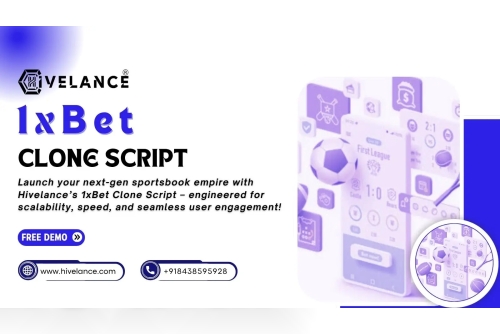Technology is revolutionizing the accounting industry, streamlining processes, enhancing accuracy, and improving financial decision-making. With the rise of automation, artificial intelligence (AI), and cloud computing, accountants can now focus on more strategic tasks rather than manual data entry. Below, we explore how technology is shaping the future of accounting.
1. Automation and Artificial IntelligenceAutomation and AI-powered tools are transforming accounting by reducing human errors and increasing efficiency. Tasks such as invoice processing, reconciliations, and financial reporting can now be handled with minimal human intervention, allowing accountants to concentrate on analysis and strategy.
2. Cloud-Based Accounting SolutionsCloud computing has made accounting software more accessible and secure. Businesses can now store financial data online, allowing real-time collaboration and remote access. Cloud-based platforms like QuickBooks, Xero, and Sage provide seamless integration with banking systems and other financial tools.
3. Blockchain Technology for Security and TransparencyBlockchain is enhancing security and transparency in financial transactions. This technology creates immutable records, reducing fraud risks and ensuring data integrity. Businesses can leverage blockchain for secure auditing and transaction verification.
4. Data Analytics and Predictive InsightsBig data analytics allows accountants to analyze vast amounts of financial data quickly. Predictive analytics helps businesses forecast future trends, manage risks, and make data-driven decisions, improving overall financial planning.
5. Enhanced Compliance and Regulatory ReportingRegulatory compliance is becoming easier with the use of technology. Automated compliance software ensures businesses adhere to tax regulations, reducing the risk of penalties. AI-driven tools also help detect anomalies and prevent financial fraud.
6. Robotic Process Automation (RPA)RPA is streamlining repetitive accounting tasks such as payroll processing, expense tracking, and financial reconciliations. By automating these functions, businesses save time and reduce operational costs while improving accuracy.
7. The Role of Cybersecurity in AccountingAs financial data becomes increasingly digital, cybersecurity is more critical than ever. Advanced encryption, multi-factor authentication, and AI-driven security systems protect sensitive financial information from cyber threats.
ConclusionTechnology is reshaping the accounting landscape, making it more efficient, secure, and data-driven. Businesses that embrace these advancements can enhance their financial management, reduce risks, and stay competitive in the evolving financial environment. As innovation continues, the role of accountants will shift from manual processing to strategic financial advisory, ensuring long-term business success. Additionally, payroll services Ireland can help businesses manage employee compensation efficiently in this evolving digital landscape.












